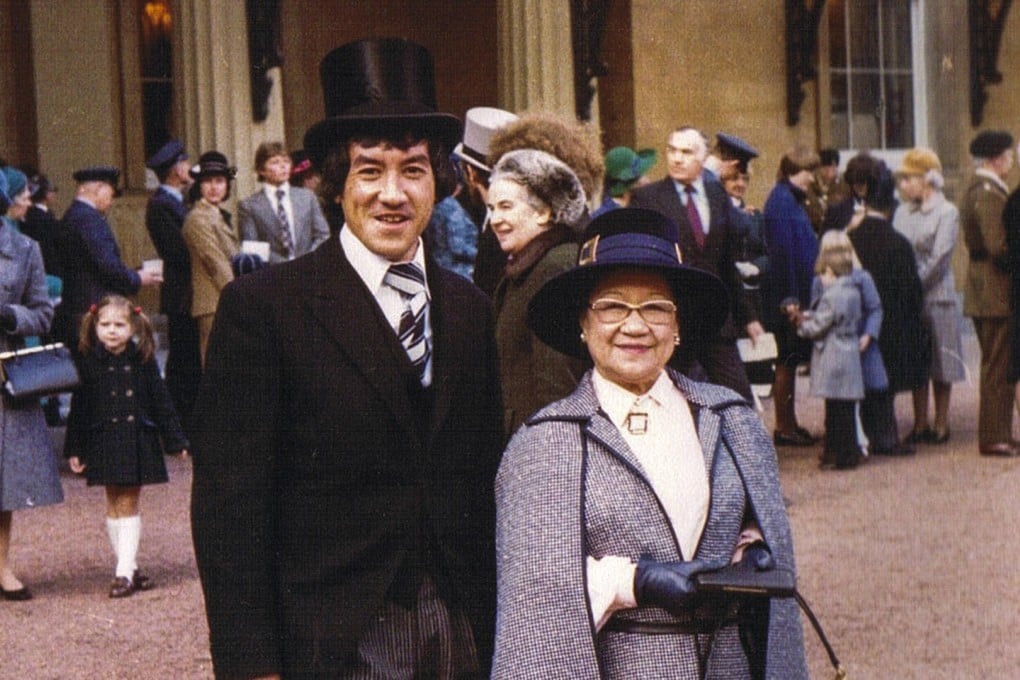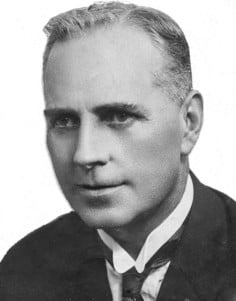My grandfather's amazing life in China and how he found my mother
In 1916 in Hunan, Hong Kong-born Frank Newman took in an abandoned baby girl, much to the disapproval of his compatriots. Her son, Manila-based journalist Ian Gill, discovers that was just one of many surprises in the life of a most independent-minded man.

What a difference a century makes. One hundred years ago, a generous-hearted, independent-minded, Hong Kong-born Briton found a baby girl abandoned on his doorstep in Changsha, in China's Hunan province. He took her in and made her part of his family but, in doing so, drew the disapproval of his compatriots.
While widening income inequality is a divisive issue in Hong Kong today, in 19th- and early 20th-century "Britain in China", race and class divided the world of treaty ports and foreign enclaves.

Despite the racial animosity on both sides, Edward Francis Southan Newman had no hesitation in adopting the infant girl and adding her name to his travel document as his daughter, thus conferring British status upon her.
I have every reason to be grateful to Frank Newman. The baby he adopted - and later provided with an excellent education - was my mother. Marylou, as he called her, later became Louise Mary Gill by marriage, though was always known to her friends as "Billie". A few months ago, I knew almost nothing about my grandfather but, with the help of Lane Harris, assistant professor in history and Asian studies at South Carolina's Furman University, and the online archives of the South China Morning Post and other newspapers, I have uncovered an amazingly full picture of him - and the price he paid for love.
… he knew he was courting social and professional disaster by marrying a Chinese woman
Hong Kong in 1873 and, soon after, his parents, Edward and Mary Ann, moved to Chefoo (known as Yantai today), on the north shore of Shandong province and dubbed the "Brighton of China" because of its bracing climate. Chefoo had opened as a treaty port in 1862 and the Newmans owned and managed the Family Hotel, on the beachfront.